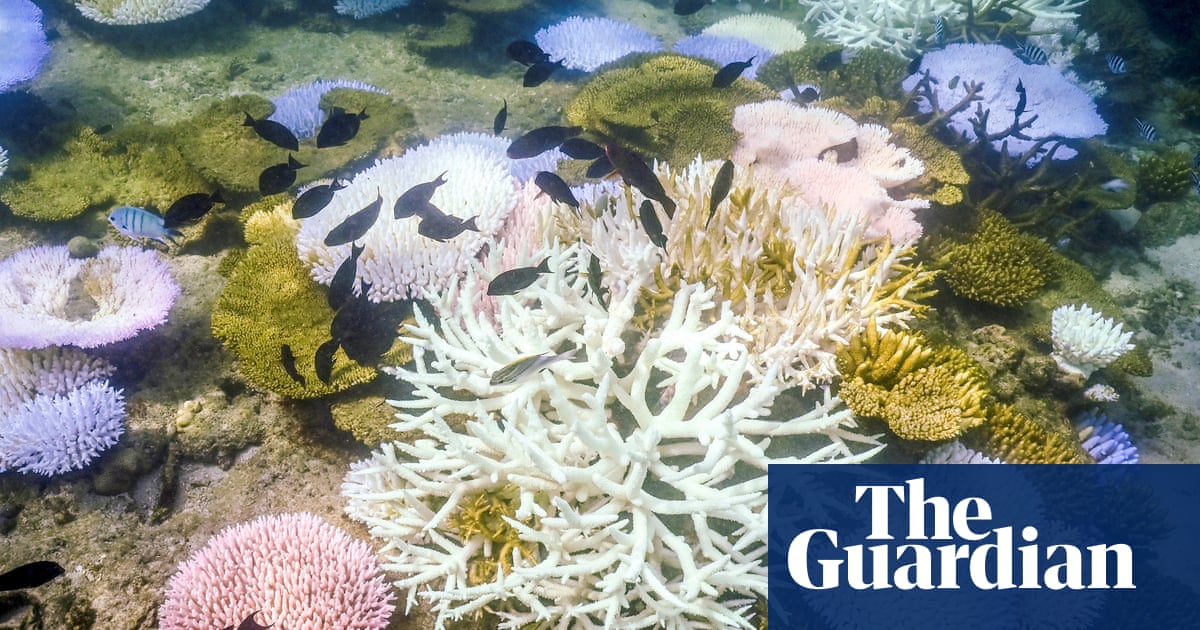
Sydney, Safar 29, 1438, November 29, 2016, SPA -- Australia's Great Barrier Reef has had the worst coral
die-off since measurements began as a result of ocean warming,
scientists based at James Cook University in Queensland announced Tuesday, according to dpa.
The worst of the coral die-off was in the north of the 2,600-kilometre-long reef, according to the study released by the Australian Research Council Centre of Excellence for Coral Reef Studies.
The area covers 700 square kilometres in the north zone of the reef off Cooktown where 67 per cent of the coral is now dead. Some reefs are entirely dead.
"Most of the losses in 2016 have occurred in the northern, most-pristine part of the Great Barrier Reef," Professor Terry Hughes, director of the Coral Centre, said in a statement.
The coral bleached during the summer when warm water flowed through the reef. 2015 and 2016 are the hottest years on record.
"This region escaped with minor damage in two earlier bleaching events in 1998 and 2002, but this time around it has been badly affected," said Hughes.
Professor Andrew Baird, who led teams of divers surveying the reefs in October and November, said the good news was that the southern two thirds of the reef where most tourists visit had escaped the 2016 bleaching event with minor damage.
"The corals have now regained their vibrant colour, and these reefs are in good condition," Baird said.
It can take seven to eight months before corals regain their colour after a bleaching event, otherwise they die.
In areas where coral has died on a large scale it can take ten to fifteen years for new corals to grow.
"If there is another bleaching event of the scale we saw in 2016 it will take even longer for the coral to recover and grow," Baird told the broadcaster ABC.
--SPA
02:30 LOCAL TIME 23:30 GMT
www.spa.gov.sa/w278927











